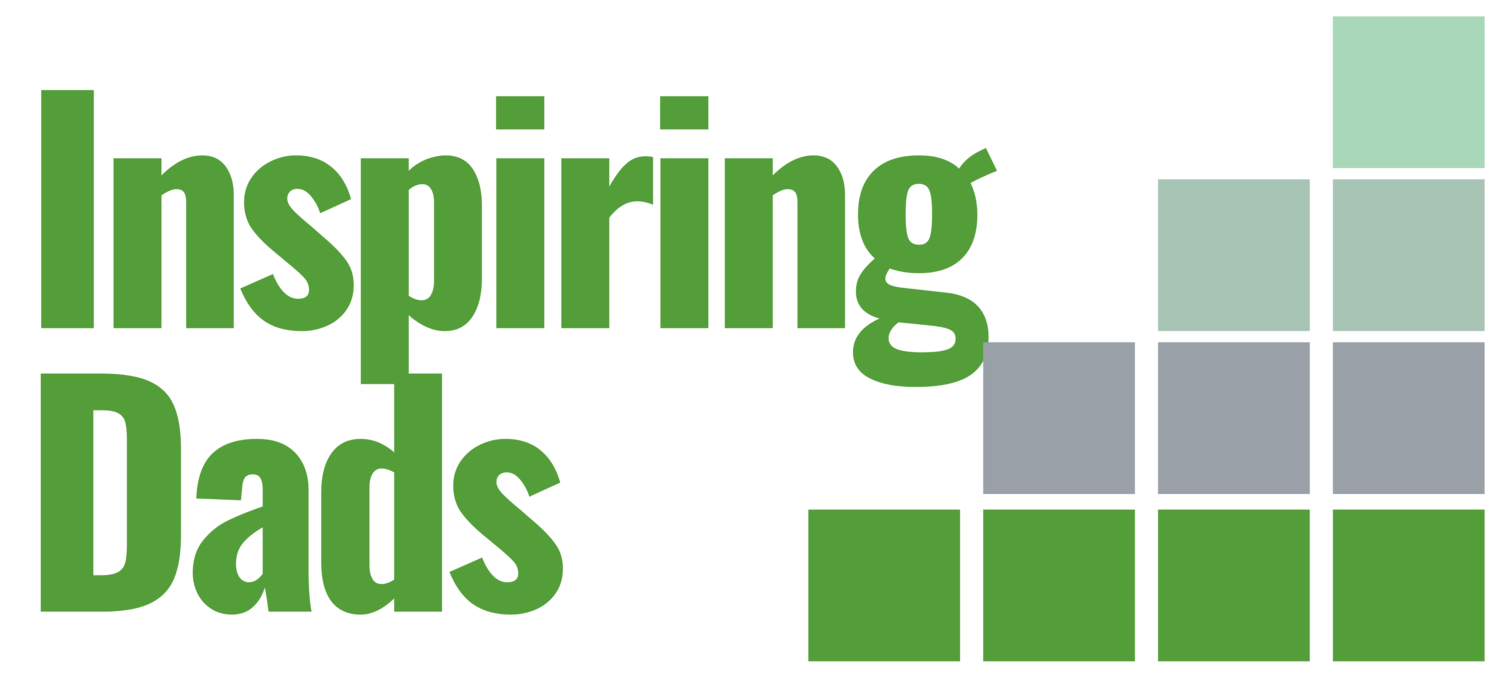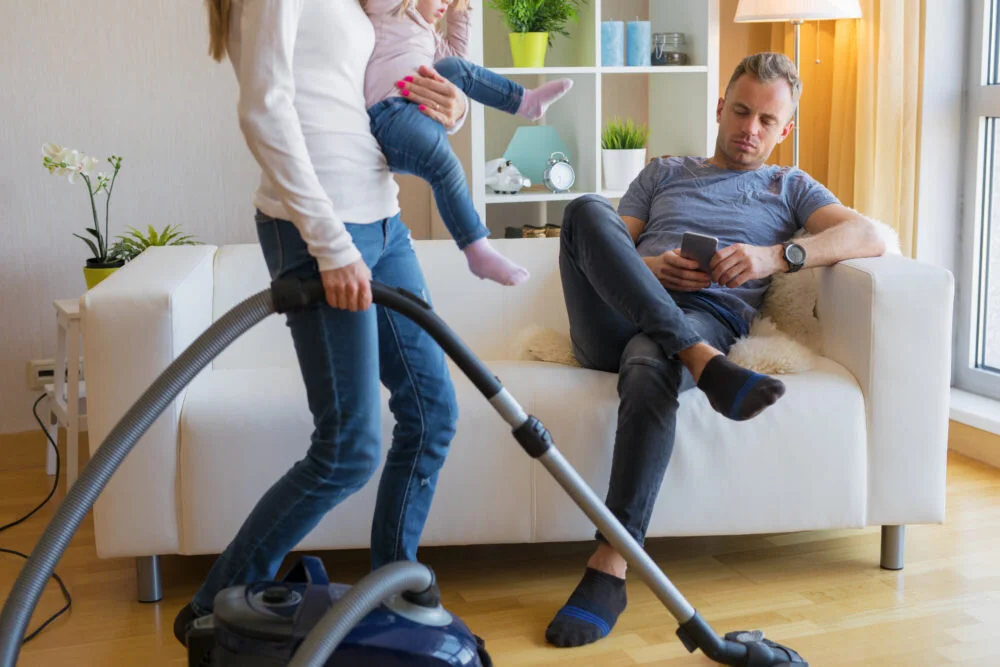Why supporting new dads in the workplace is key to gender equality
The cultural norms around work are changing at a rapid rate thanks to the pandemic, but we must not allow it to widen the gender gap at work. Dads are key
Why supporting new dads in the workplace is key to gender equality
The cultural norms around work are changing at a rapid rate thanks to the pandemic, but we must not allow it to widen the gender gap at work. A key part of this is creating the right conditions for working dads to take on their share of the caring responsibilities.
Writing for HR Zone I explored three key themes:
1. Stressed dads seek new ways of working
2. Dads fear being seen as 'uncommitted'
3. Equality starts at home
“Gender equality took a big hit in 2020. At the start of the pandemic, the government suspended enforcement of gender pay gap reporting. Domestically, women took on more unpaid labour and despite evidence that the first Covid-19 lockdown led to a 58% increase in childcare undertaken by men, the equality gap widened and more recently those gains appear to have rolled back. Facebook groups such as The Career Mum are full of stories from working mums taking on a disproportionate share of unpaid domestic labour, whether it’s childcare, home school support or the mental load.”
Connect with me on LinkedIn and join the debate
Ian Dinwiddy, Founder
Recent content
Blog Categories
Archive
- January 2026
- November 2025
- June 2025
- March 2025
- October 2024
- April 2024
- March 2024
- January 2024
- September 2023
- April 2023
- December 2022
- June 2022
- January 2022
- September 2021
- August 2021
- July 2021
- June 2021
- April 2021
- March 2021
- February 2021
- January 2021
- December 2020
- November 2020
- October 2020
- September 2020
- August 2020
- July 2020
- June 2020
- May 2020
- April 2020
- March 2020
- February 2020
- December 2019
- November 2019
- October 2019
- July 2019
- June 2019
- April 2019
- March 2019
- February 2019
- January 2019
- December 2018
- November 2018
- October 2018
- September 2018
- August 2018
- July 2018
- March 2018
- June 2017

































Often senior managers don’t have the same point of reference…